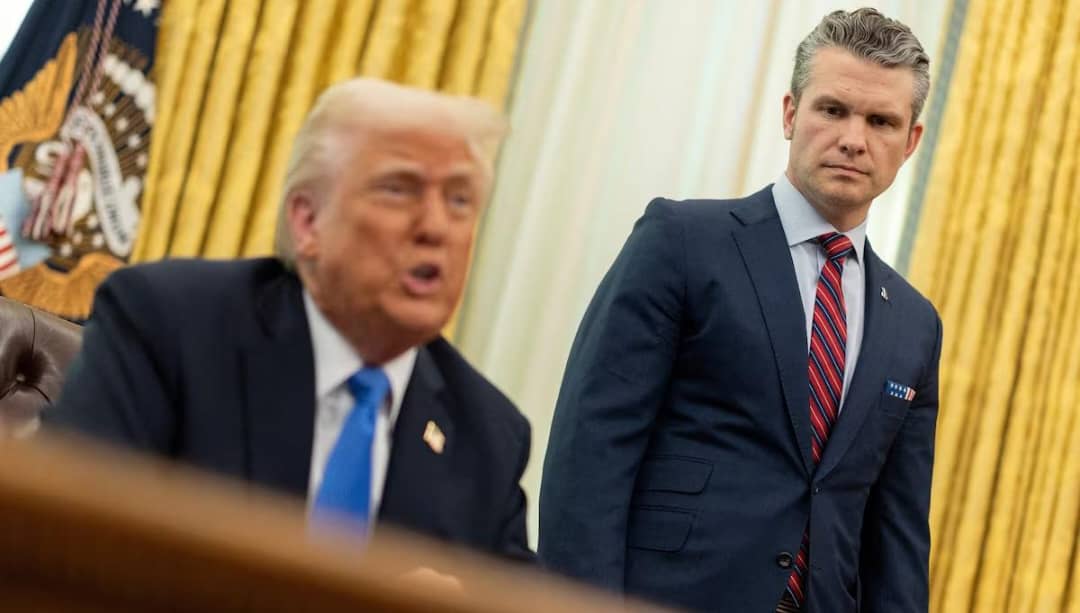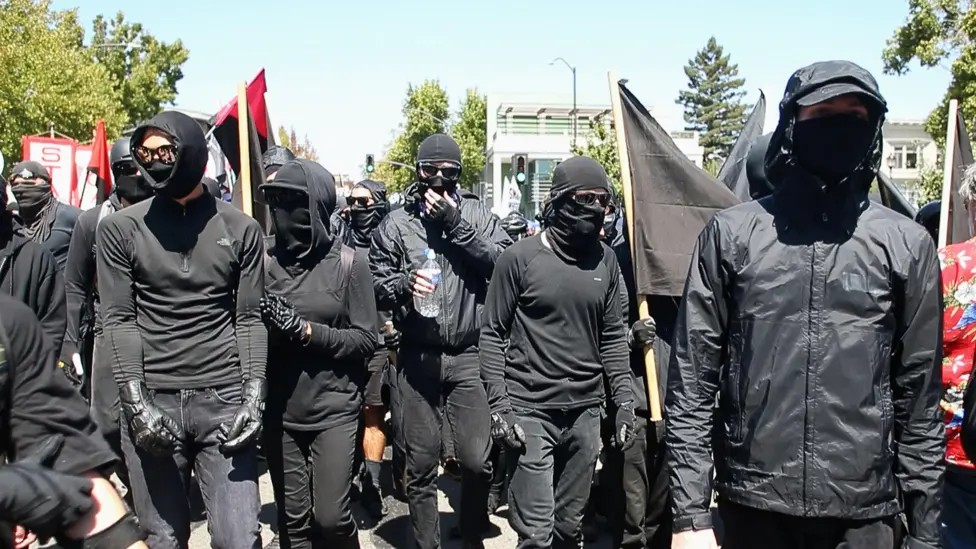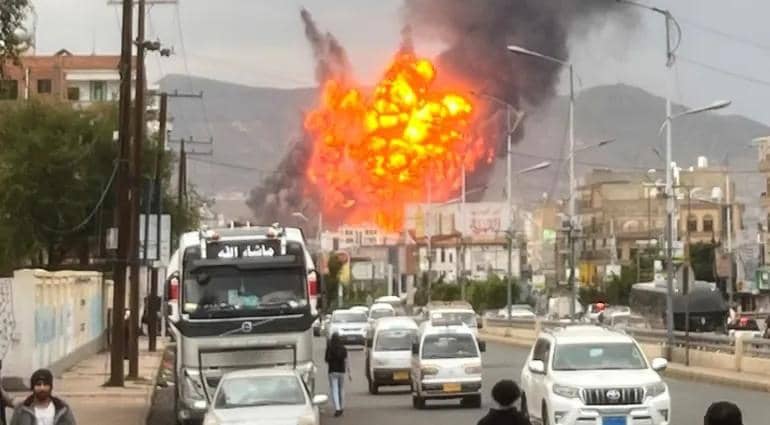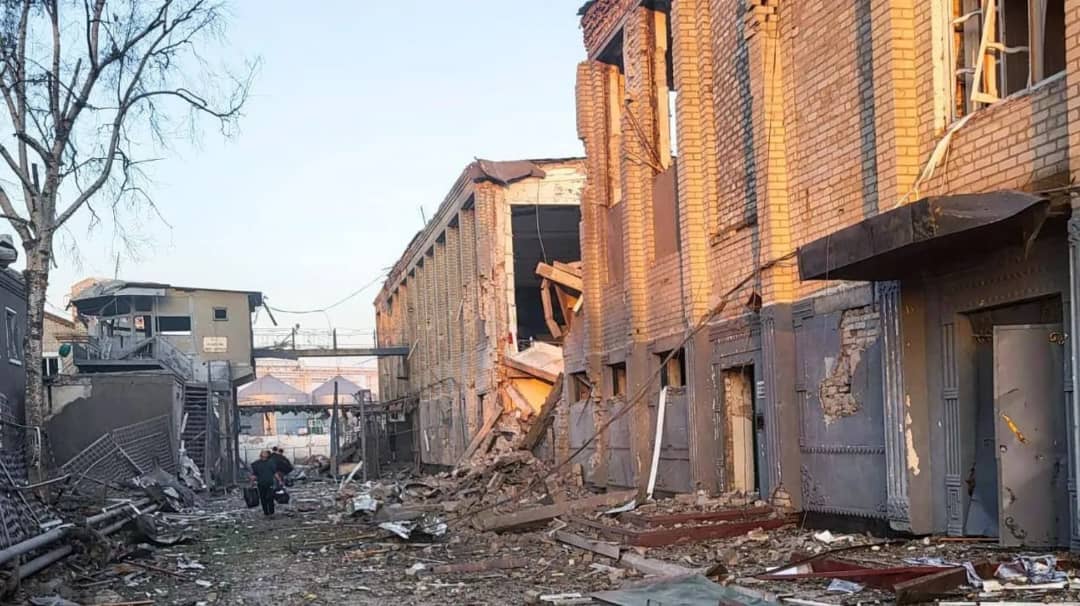Trump Administration's Unforeseen Military Aid Pause: An Inside Look into the Turmoil
- by Sarah, Washington, RNG247
- about 6 months ago
- 114 views

In a dramatic turn of events just after Donald Trump began his second term, the U.S. military abruptly ordered three freight airlines to halt 11 flights carrying vital artillery and weapons intended for Ukraine. The directive came just a week into Trump's presidency, sparking immediate concern among Ukrainian officials in Kyiv and their allies in Poland who coordinated the shipments.
Questions flooded into Washington: Who authorized this halt? Was this a complete cessation of military aid or merely a temporary setback? Top security officials in the White House, Pentagon, and State Department were caught off guard, unable to provide clear answers. Within a week, however, the flights resumed.
According to records examined by RNG247, the last-minute cancellation stemmed from an order issued by Pete Hegseth, the newly appointed Secretary of Defense. Hegseth reportedly relayed a directive he received from the Pentagon’s Joint Staff. This controversial pause followed a January 30 meeting in the Oval Office, where Trump's national security team discussed the situation in Ukraine. While the topic of restricting aid arose, Trump did not give explicit instructions to halt support.
Sources indicate that neither Trump nor senior officials present at the meeting were aware of Hegseth's order. Inquiries to the White House yielded a statement suggesting Hegseth acted in line with Trump's directive to reevaluate Ukraine aid. Yet, no clarity was offered as to why key national security officials were unaware of the decision, prompting further intrigue.
“Negotiating an end to the Russia-Ukraine War has been a complex and fluid situation,” stated Karoline Leavitt, White House spokeswoman. “The bottom line is the war is much closer to an end today than it was when President Trump took office.”
The financial consequences of the canceled flights were significant, costing TRANSCOM approximately $2.2 million. Nevertheless, TRANSCOM spokespersons later adjusted this figure to $1.6 million, noting that one of the flights incurred no charge.
The decision to halt military aid, which was initiated under the Biden administration, officially took effect on March 4 with a formal announcement from the White House. This week-long cessation of flights sheds light on the chaotic nature of decision-making within the Trump administration, revealing a command structure ill-defined even to its members.
While Hegseth's order remains shrouded in confusion, it is clear that Ukrainian officials were bewildered by the disruptions. Initial inquiries from Kyiv received scant information, with U.S. representatives later dismissing the delay as "internal politics." The complexities of U.S. weapon shipments necessitate approvals from various agencies, often taking weeks to organize. It remains uncertain if other shipments continued arriving in Ukraine amidst the halt of the 11 flights.
Compounding these challenges, the department has recently faced a wave of upheaval. Several of Hegseth’s senior advisors were removed after allegations of unauthorized disclosures of classified information, further straining the Secretary's credibility amidst scrutiny from Congress.
The arsenal awaiting shipment had been pre-approved by the Biden administration, leading to further questions around the decision-making process. Reports suggest that Hegseth may have misinterpreted discussions from meetings regarding Ukraine policy. Internal staff members, some of whom have voiced opposition to U.S. aid, allegedly encouraged him to consider a pause in shipments.
Evidence of discord within the administration is mounting. As Ukraine's military grapples with attacks from Russian forces, the decision to pause aid raises broader concerns about U.S. commitment to allies. Close aides to Trump were informed about the disruption by Pentagon officials, leading to discussions about reinstating the canceled shipments. Despite earlier statements, the full impact of Hegseth's abrupt actions only began to surface in the ensuing days.
As the situation evolved, the continuing struggle of Ukrainian forces against Russian advances highlights the critical nature of consistent and coordinated military support. The unintended consequences of this logistical halt serve as a reminder of the complexities and volatility in U.S. national security policy during an administration marked by swift and unorthodox decision-making.
















0 Comment(s)